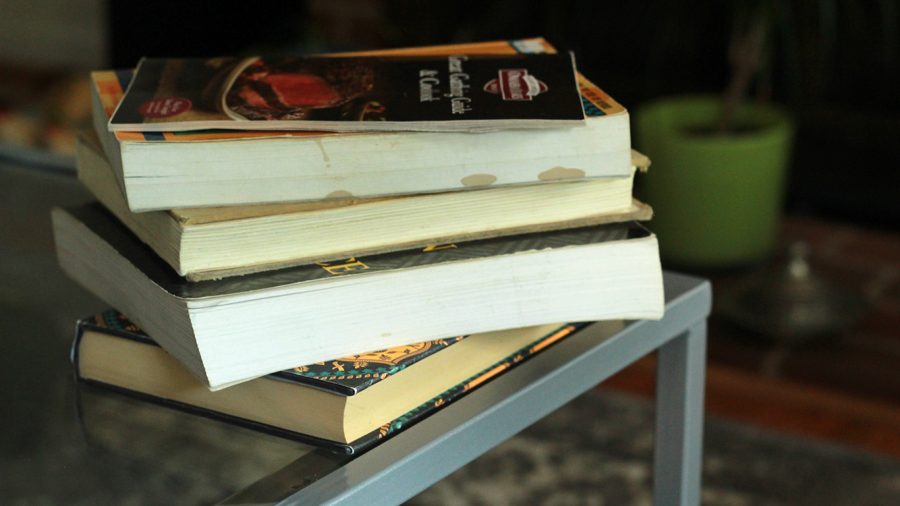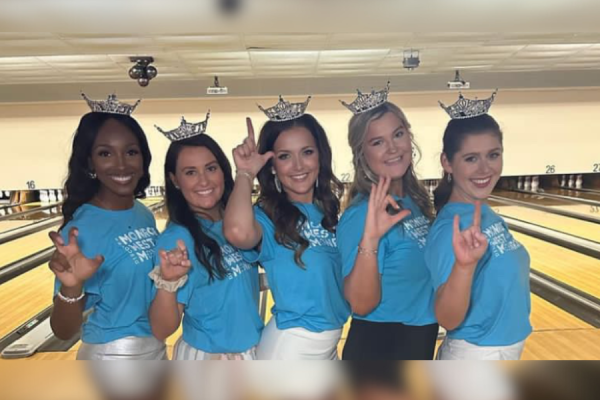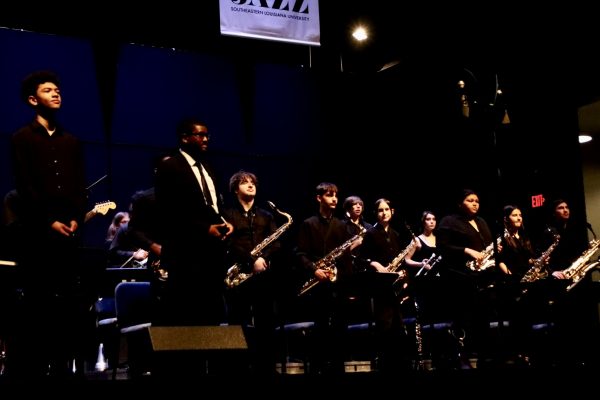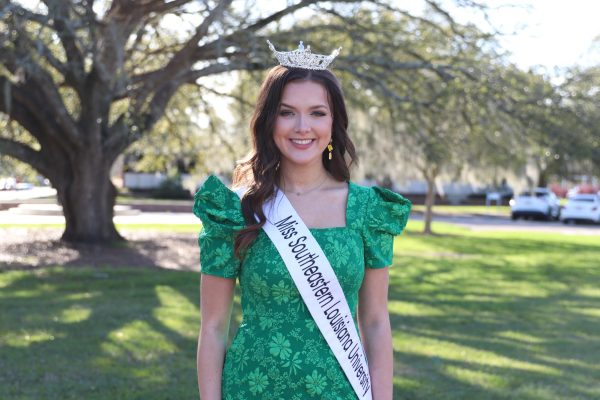From support group to book club: CSD helps adults with communication disabilities
Symiah Dorsey/The Lion's Roar
A group of stroke and brain injury survivors have been meeting virtually for their online book club. The Department of Communication Sciences and Disorder collaborated with the Southeastern Book Club to start the support group.
The Department of Communication Sciences and Disorders has been collaborating with the Southeastern Book Club, a group of stroke and brain injury survivors that meets virtually each week in lieu of the face-to-face support group that was disrupted by the pandemic.
The group, initially a support group that met monthly at North Oaks Rehabilitation Hospital, is composed of members of the Hammond community, and their caregivers, who have encountered communication disabilities due to a stroke or a traumatic brain injury. Since transitioning to an online book club, the group has gained members from out of state.
According to Dr. Martha Sherrill, assistant professor of communication sciences and disorders, a few of the members of this group still have jobs, but many of them require 24-hour care. These adults are in the post-therapy period of their injuries.
“The effects of a stroke or a brain injury can last the rest of your life, but therapy only goes on for a certain amount of time,” said Sherrill. “These are people who basically are trying to get on with the rest of their lives.”
Sherrill explained how these adults and other survivors experience social limitations in their everyday lives due to effects of their injuries on their health and/or communication abilities. The spread of COVID-19 escalated the necessity for quarantine, especially for those who are high-risk.
“We knew these people were going to be very isolated, so basically I just saw the need for them to get together and socialize more than once a month,” said Sherrill. “The best way to do that is through an ongoing activity that gives them something new to talk about every week.”
Book club meetings are Tuesdays at noon via Zoom. Sherrill said that the books are chosen based on votes from the group members.
“The book that we’re on right now is about a stroke survivor, and our group members are putting together basically a list of resources for other stroke survivors in the area,” said Sherrill. “We’re trying to help fill in some of those gaps and help the medical community better serve people who have had strokes or traumatic brain injuries.”
Ashley Bell, a CSD graduate student, attends every book club meeting and generates questions based on the one or two chapters they read each week.
“I try to make our questions broad enough that they apply to everybody, not just one or two people, and try to keep it not super personal so it doesn’t leave anybody out,” said Bell. “Our main goal is just to initiate conversation just so that we all have somebody to communicate with and especially during this time when they may not be seeing everybody that they typically see.”
According to Bell, Dr. Sherrill offered her the opportunity to help with the Southeastern Book Club after hearing that Bell would be unable to complete her adult clinical rotation this summer due to the pandemic.
“Not having my adult rotation yet, like in a hospital setting where I’m working with adults, it gives me a way to be able to interact with this population,” shared Bell. “It gives me an opportunity to work first-hand with these types of people, the people that are struggling to communicate their wants and needs and people that have gone through so much just from a stroke or a brain injury.”
David Ramsey is a stroke survivor and a member of the book club. His wife, Birgitta Ramsey, is his caregiver and also attends the weekly Zoom meetings.
“When I asked him how he has benefited from the book club he started moving his arm in a circular motion,” explained Mrs. Ramsey. “I take that to mean that he enjoys listening to the discussions about the book even if he can’t contribute much himself.”
Both of the Ramseys expressed their sentiments regarding how their participation in the book club helps students such as Bell further their education at the university.
“As for helping students, we have to admit that it is lagniappe,” expressed Mrs. Ramsey. “We participate in the book club foremost for our own benefit, but if it can help some students, too, we are both for it. My husband taught at Southeastern for 30 years. I taught there also but not as long. Southeastern and its students will always have a big part of our hearts.”
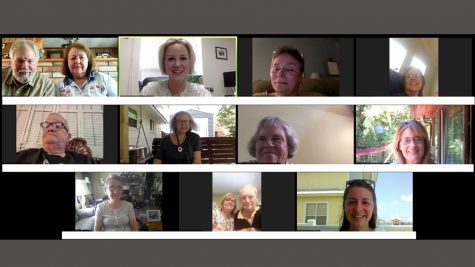
Your donation will support The Lion's Roar student journalists at Southeastern Louisiana University.
In addition, your contribution will allow us to cover our annual website hosting costs.
No gift is too small.
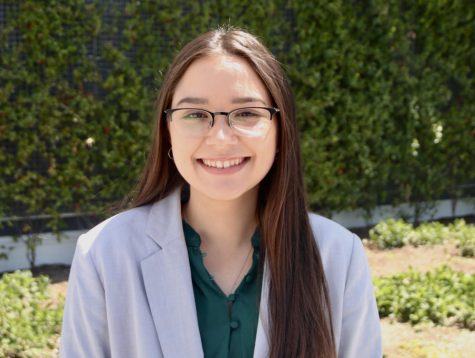
Brynn Lundy Arriago began working for The Lion's Roar in the fall of 2019, her first semester at Southeastern, and now serves as Graduate Assistant. From...


